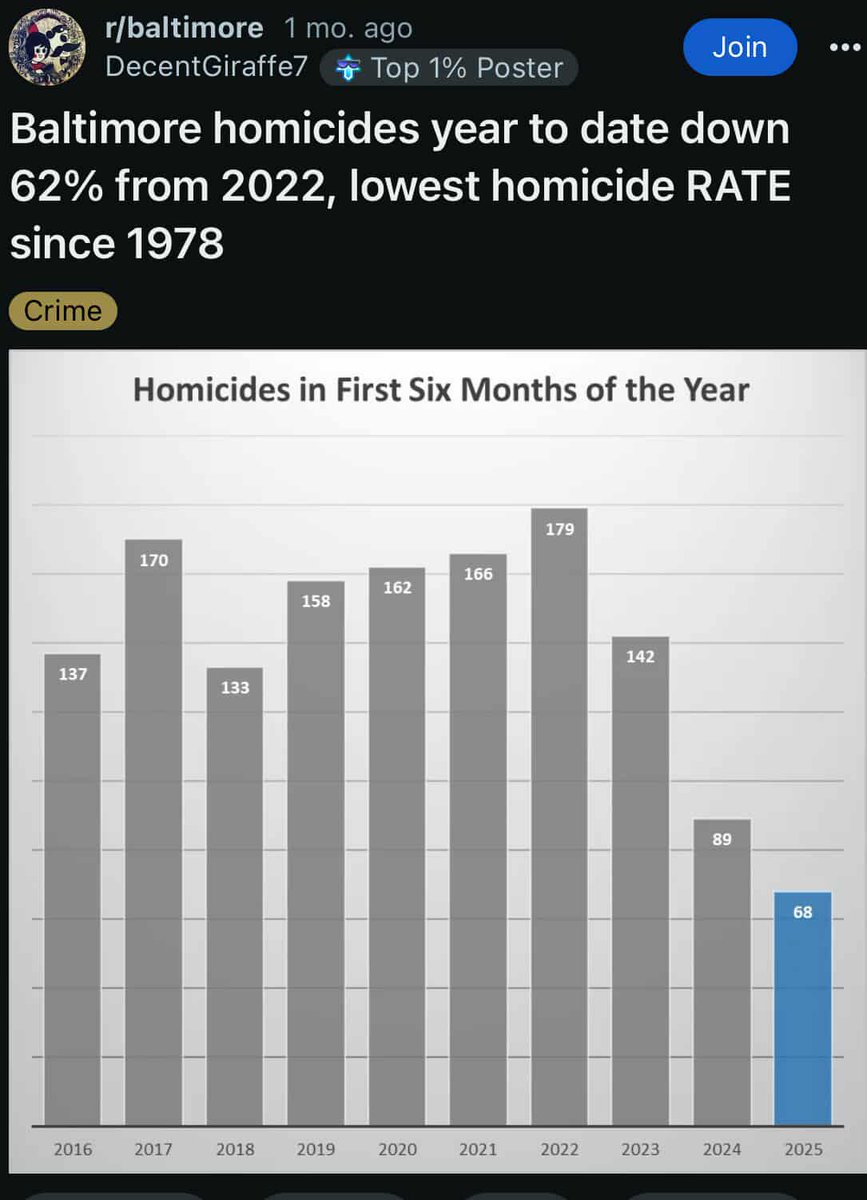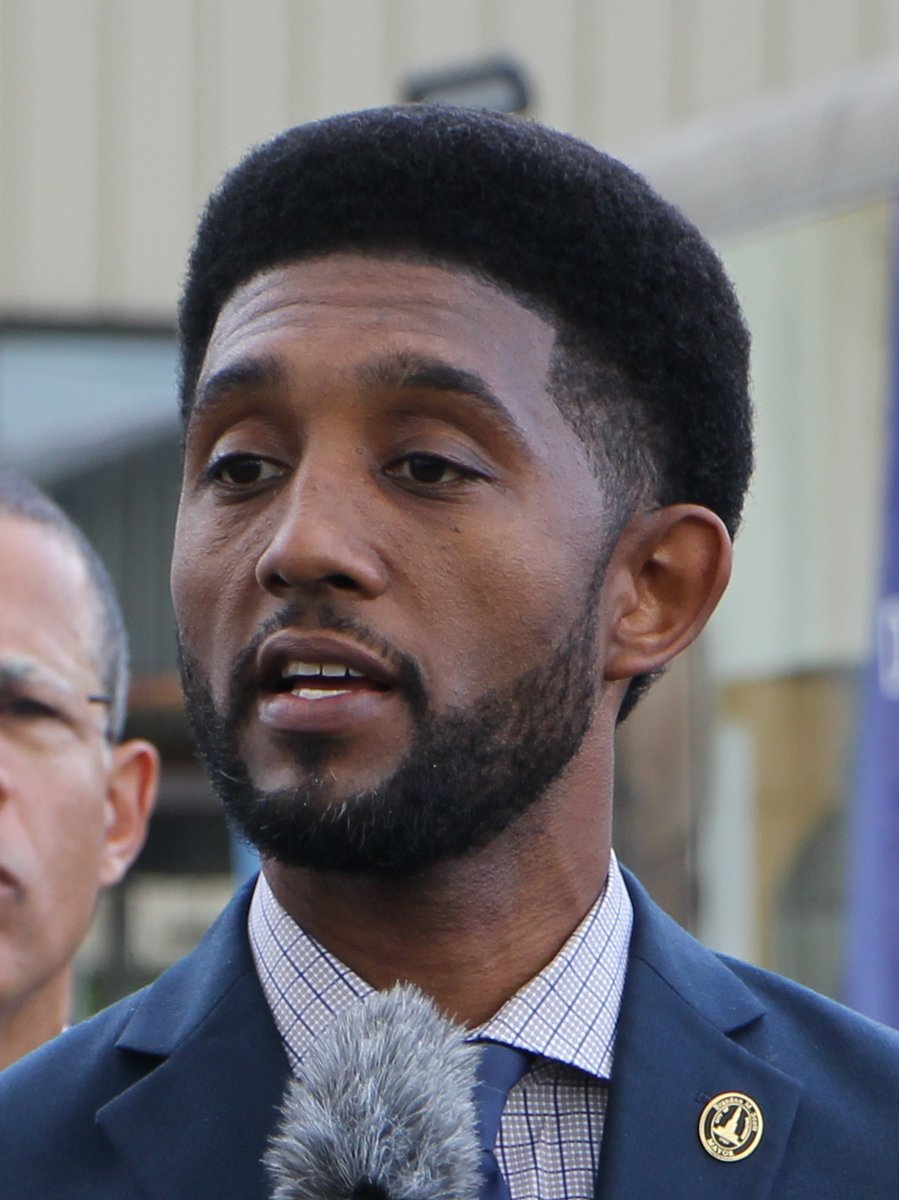"I enunciate 'nigger' in full, out loud w/ some purpose in mind. Usually the aim is to drive home to audiences the pervasiveness of anti-Black prejudice and, more specifically, the way in which this troublesome word has been an integral part of the soundtrack of American racism." 

2/
Some defer "to the proposition that...a feeling of hurt upon hearing 'nigger' is a reaction warranting accommodation. I disagree. I am skeptical of some of the claims of hurt. I suspect that some of them are the product of learned strategic ripostes."
Some defer "to the proposition that...a feeling of hurt upon hearing 'nigger' is a reaction warranting accommodation. I disagree. I am skeptical of some of the claims of hurt. I suspect that some of them are the product of learned strategic ripostes."

3/
"It is well known that in certain settings, particularly those that strive to be socially enlightened, you can effectively challenge speech you object to by claiming not only that it is abhorrent (racist, etc.) but that it makes you feel insulted, offended, or endangered."
"It is well known that in certain settings, particularly those that strive to be socially enlightened, you can effectively challenge speech you object to by claiming not only that it is abhorrent (racist, etc.) but that it makes you feel insulted, offended, or endangered."

4/
"Why the objection to...using the term for pedagogical purposes? B/c vocalizing the term has become...a symbol of obtuseness or defiance: a sign the (white) instructor is unaware that they ought never, ever vocalize it, or that the instructor is disobeying that injunction."
"Why the objection to...using the term for pedagogical purposes? B/c vocalizing the term has become...a symbol of obtuseness or defiance: a sign the (white) instructor is unaware that they ought never, ever vocalize it, or that the instructor is disobeying that injunction."

5/
"I am convinced that in a substantial number of instances these fights are not really over hurt feelings. They are struggles over status and power. Objectors have made avoidance of vocalizing 'nigger,' even in the guarded circumstances of classroom instruction..."
"I am convinced that in a substantial number of instances these fights are not really over hurt feelings. They are struggles over status and power. Objectors have made avoidance of vocalizing 'nigger,' even in the guarded circumstances of classroom instruction..."

6/
[Vocalizing 'nigger' is] "...a taboo in which the failure to abide by the rule of avoidance is taken as a sign of disrespect. It is not the word...that causes anger [but rather] the 'failure' of the teacher to submit to the objectors’ demand, regardless of the circumstances."
[Vocalizing 'nigger' is] "...a taboo in which the failure to abide by the rule of avoidance is taken as a sign of disrespect. It is not the word...that causes anger [but rather] the 'failure' of the teacher to submit to the objectors’ demand, regardless of the circumstances."

7/
"But my position remains the same even in the case of the objector who genuinely experiences hurt feeling upon hearing the N-word. That is because of my view of 'feelings.' Feelings are not unchangeable givens, untouched and untouchable by how their expression is received."
"But my position remains the same even in the case of the objector who genuinely experiences hurt feeling upon hearing the N-word. That is because of my view of 'feelings.' Feelings are not unchangeable givens, untouched and untouchable by how their expression is received."

8/
"Feelings are influenced by the responses of others. The more schools validate the idea that hurt is justified, the more hurt will be expressed, & the more there will be calls to respect expressed feelings of hurt by prohibiting or punishing what is said to trigger them."
"Feelings are influenced by the responses of others. The more schools validate the idea that hurt is justified, the more hurt will be expressed, & the more there will be calls to respect expressed feelings of hurt by prohibiting or punishing what is said to trigger them."

9/
"I insist upon advancing the message that, in circumstances in which 'nigger' is aired for pedagogical purposes, there is no good reason to feel hurt. It does no favor to students to spare their feelings if doing so comes at the expense of valuable education."
"I insist upon advancing the message that, in circumstances in which 'nigger' is aired for pedagogical purposes, there is no good reason to feel hurt. It does no favor to students to spare their feelings if doing so comes at the expense of valuable education."

10/
"In my view, 'useful' instruction should be pursued. Lawyers and judges frequently encounter distressing sights and sounds as part of their professional responsibilities. Every year, in hundreds of cases, 'nigger' is heard in courts."
"In my view, 'useful' instruction should be pursued. Lawyers and judges frequently encounter distressing sights and sounds as part of their professional responsibilities. Every year, in hundreds of cases, 'nigger' is heard in courts."

11/
"A lawyer who becomes distracted or depressed upon hearing 'nigger' is one w/ a glaring vulnerability. Law school [should] impart to students techniques of self-mastery...to manage feelings in order to assist optimally the [clients] that will rely upon them for guidance."
"A lawyer who becomes distracted or depressed upon hearing 'nigger' is one w/ a glaring vulnerability. Law school [should] impart to students techniques of self-mastery...to manage feelings in order to assist optimally the [clients] that will rely upon them for guidance."

12/
"If a conflict [re: my use of 'nigger'] arises, my position will be that conscientiously vocalizing 'nigger' or any other epithet for legitimate pedagogical purposes ought not give rise to any belief or insinuation that the statement displays racism or racial insensitivity."
"If a conflict [re: my use of 'nigger'] arises, my position will be that conscientiously vocalizing 'nigger' or any other epithet for legitimate pedagogical purposes ought not give rise to any belief or insinuation that the statement displays racism or racial insensitivity."

13/
"I will offer no deference to demands for silence, avoidance, or bowdlerization. And I will certainly offer no apology. A pathetic aspect of the fight over the N-word is the spectacle in which a teacher issues a false, debasing apology, hoping it will appease protesters."
"I will offer no deference to demands for silence, avoidance, or bowdlerization. And I will certainly offer no apology. A pathetic aspect of the fight over the N-word is the spectacle in which a teacher issues a false, debasing apology, hoping it will appease protesters."

14/
"My remarks are not the result of a transient concern. They stem in part from a deep well of study nourished by experience. I am an African American, born in 1954 in the Deep South. My parents were refugees who fled Jim Crow oppression. They were branded as 'niggers'."
"My remarks are not the result of a transient concern. They stem in part from a deep well of study nourished by experience. I am an African American, born in 1954 in the Deep South. My parents were refugees who fled Jim Crow oppression. They were branded as 'niggers'."

15/
"And I have been called 'nigger' too.
Should my race make a difference, cloaking me with more leeway in my pedagogical options than white colleagues? I abjure such a 'privilege.'"
"And I have been called 'nigger' too.
Should my race make a difference, cloaking me with more leeway in my pedagogical options than white colleagues? I abjure such a 'privilege.'"

16/
"In the domain of culture there ought be no boundaries that fence out people based on racial identification or ascription. There ought be no words that Blacks are permitted to say but that whites or others are prohibited from saying."
"In the domain of culture there ought be no boundaries that fence out people based on racial identification or ascription. There ought be no words that Blacks are permitted to say but that whites or others are prohibited from saying."

17/
"While racist use of 'nigger' should be condemned no matter the racial identity of the speaker, nonracist deployment of 'nigger' should be accepted no matter the racial identity of the speaker."
"While racist use of 'nigger' should be condemned no matter the racial identity of the speaker, nonracist deployment of 'nigger' should be accepted no matter the racial identity of the speaker."

18/
"The racially discriminatory assessment of white speakers is often openly proclaimed: Black instructors (singers, comedians, etc.) can enunciate the N-word absent condemnation in circumstances in which white instructors (singers, comedians, etc.) cannot — no matter what!"
"The racially discriminatory assessment of white speakers is often openly proclaimed: Black instructors (singers, comedians, etc.) can enunciate the N-word absent condemnation in circumstances in which white instructors (singers, comedians, etc.) cannot — no matter what!"

19/
"The upshot involves...reinforcing baleful tendencies that harm 𝘢𝘭𝘭 participants in the creation of culture. Nothing better illustrates this point than the bowdlerization of James Baldwin. He insisted that 'nigger' was the creation of white racism...
"The upshot involves...reinforcing baleful tendencies that harm 𝘢𝘭𝘭 participants in the creation of culture. Nothing better illustrates this point than the bowdlerization of James Baldwin. He insisted that 'nigger' was the creation of white racism...

20/
"...and that the term said more about those who wielded it malevolently than those who were its targets. He declared that he was not your 'nigger.' But an acclaimed documentary film transformed his statement into 'I am not your Negro.'"
"...and that the term said more about those who wielded it malevolently than those who were its targets. He declared that he was not your 'nigger.' But an acclaimed documentary film transformed his statement into 'I am not your Negro.'"

21/
"Racism, alas, remains a powerful presence that displays itself ubiquitously, as in the deeply disturbing campaign to intimidate dissident instruction about the history of American racial wrongs. Racism is a looming, destructive force that we must vigorously resist."
"Racism, alas, remains a powerful presence that displays itself ubiquitously, as in the deeply disturbing campaign to intimidate dissident instruction about the history of American racial wrongs. Racism is a looming, destructive force that we must vigorously resist."

22/
"Vigilance is essential. But so, too, is a capacity & willingness to draw crucial distinctions. There is a world of difference separating the racist use of 'nigger' from vocalizing 'nigger' for pedagogical reasons aimed at enabling students to attain important knowledge."
"Vigilance is essential. But so, too, is a capacity & willingness to draw crucial distinctions. There is a world of difference separating the racist use of 'nigger' from vocalizing 'nigger' for pedagogical reasons aimed at enabling students to attain important knowledge."

23/
From:
"Is It Ever OK to Enunciate a Slur in the Classroom? A string of professors have been condemned, disciplined, even fired for saying the N-word in full,"
by Randall Kennedy (Harvard Law):
chronicle.com/article/is-it-…
From:
"Is It Ever OK to Enunciate a Slur in the Classroom? A string of professors have been condemned, disciplined, even fired for saying the N-word in full,"
by Randall Kennedy (Harvard Law):
chronicle.com/article/is-it-…
• • •
Missing some Tweet in this thread? You can try to
force a refresh






















